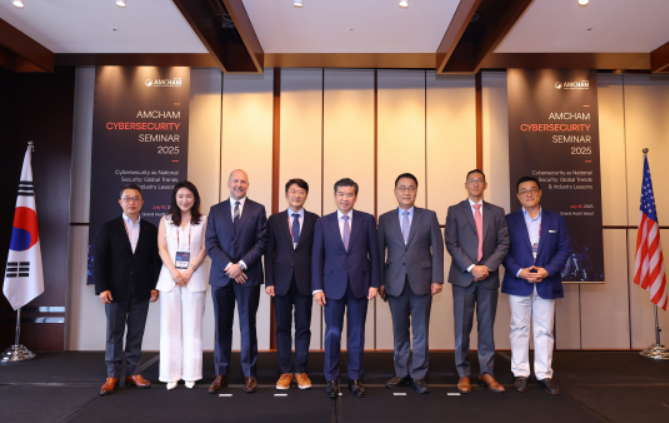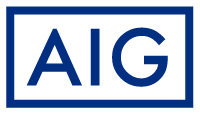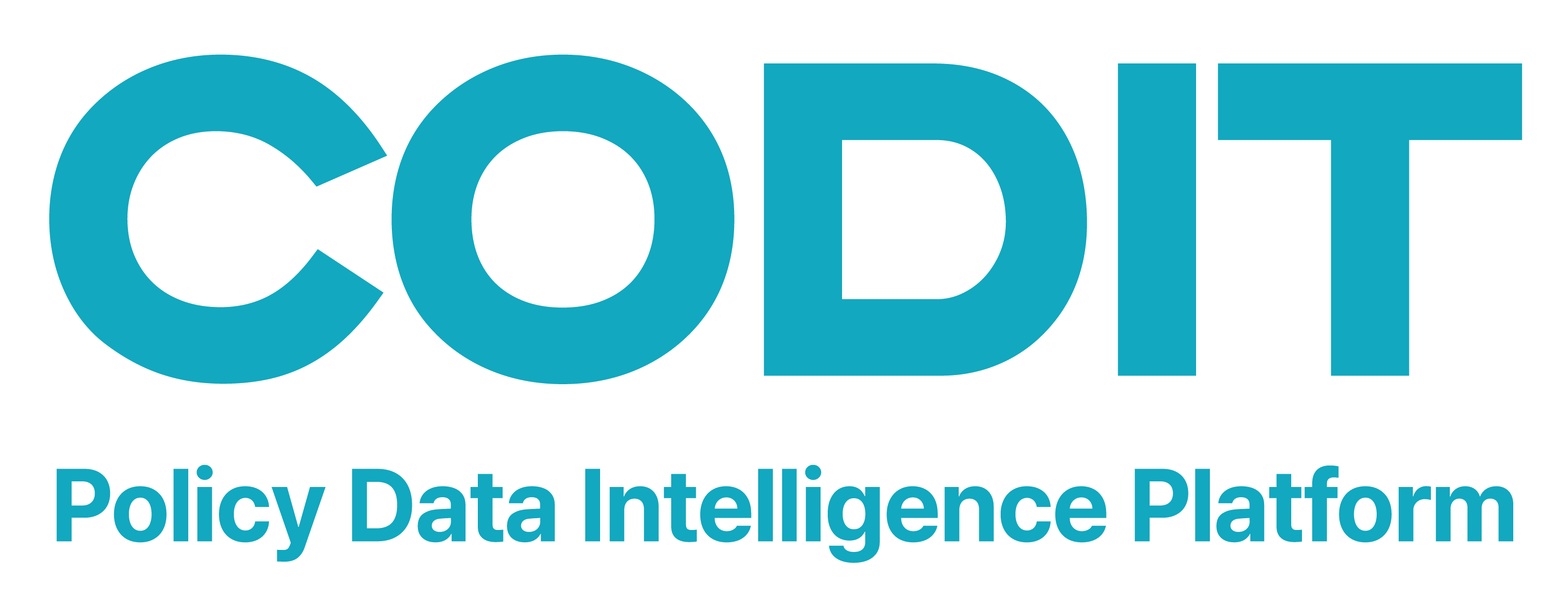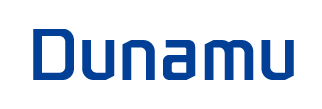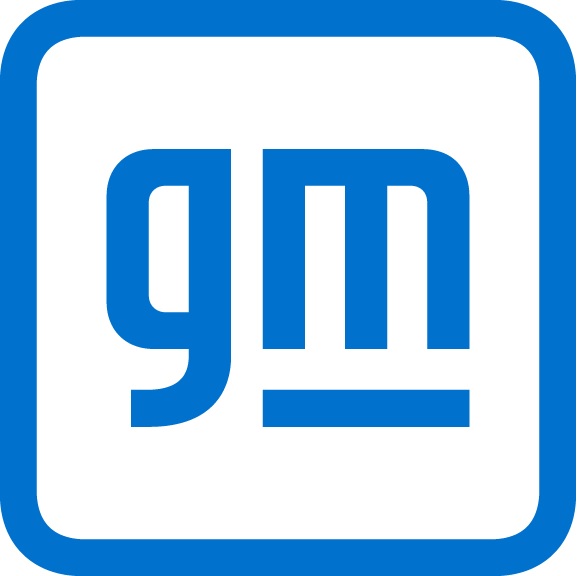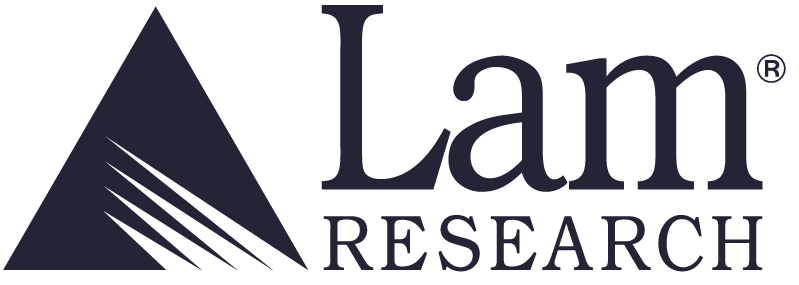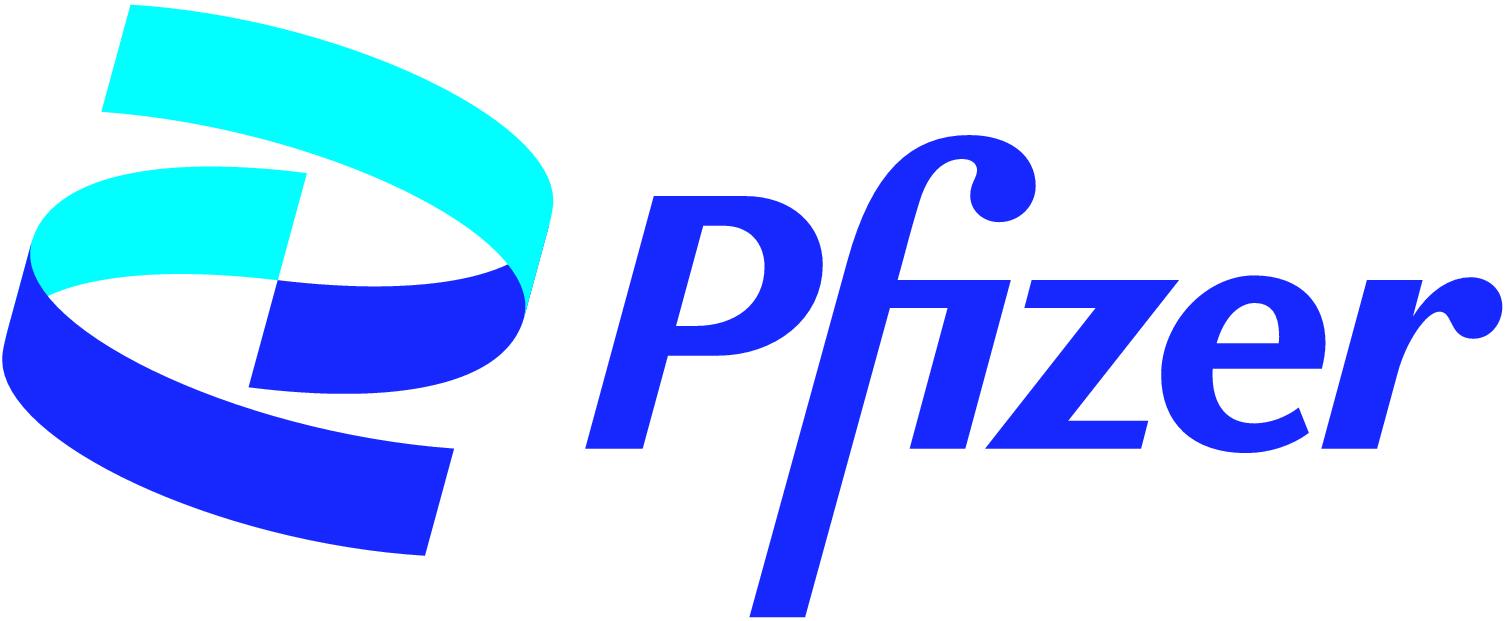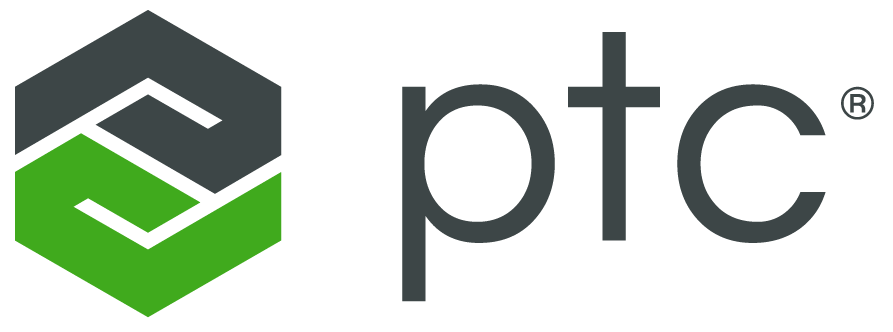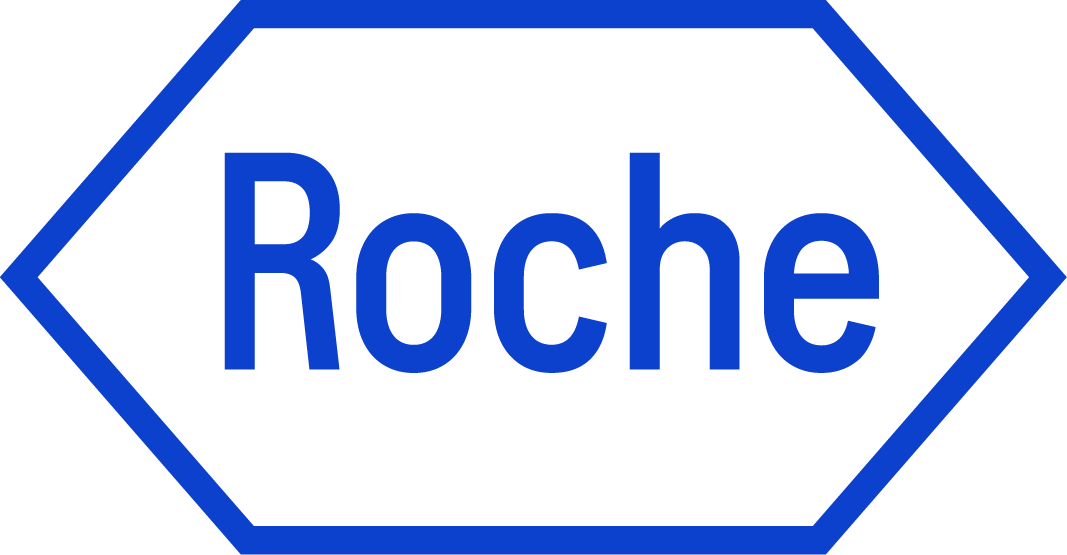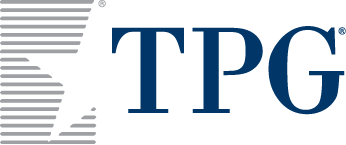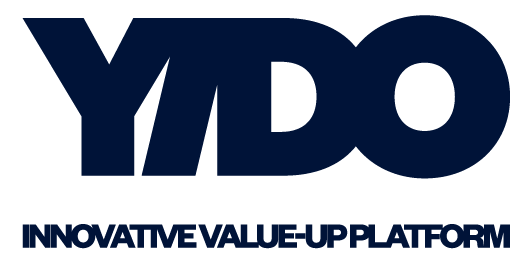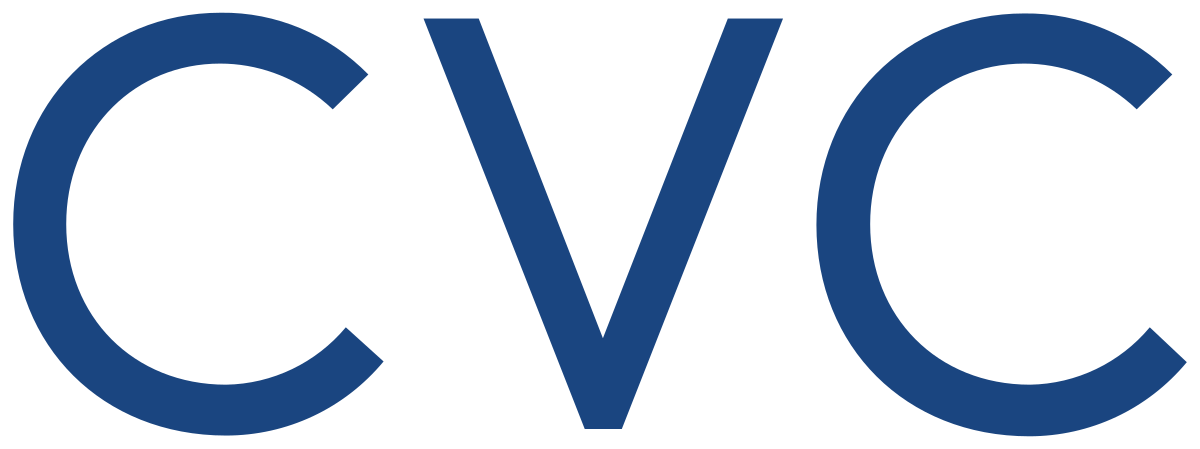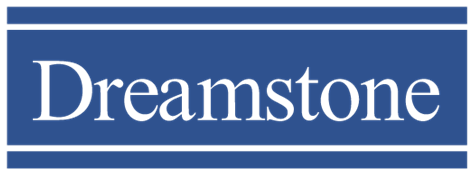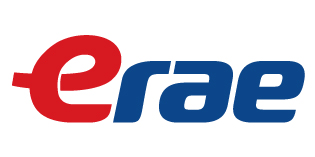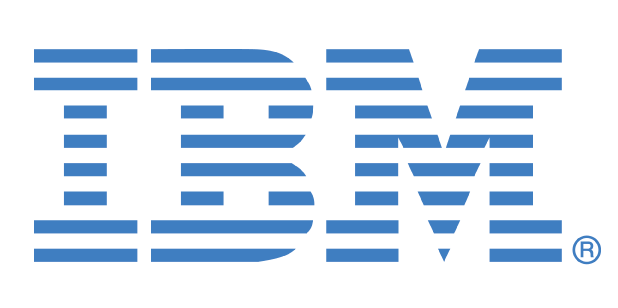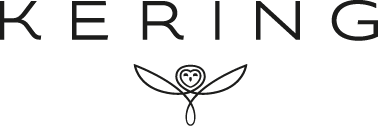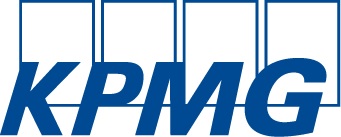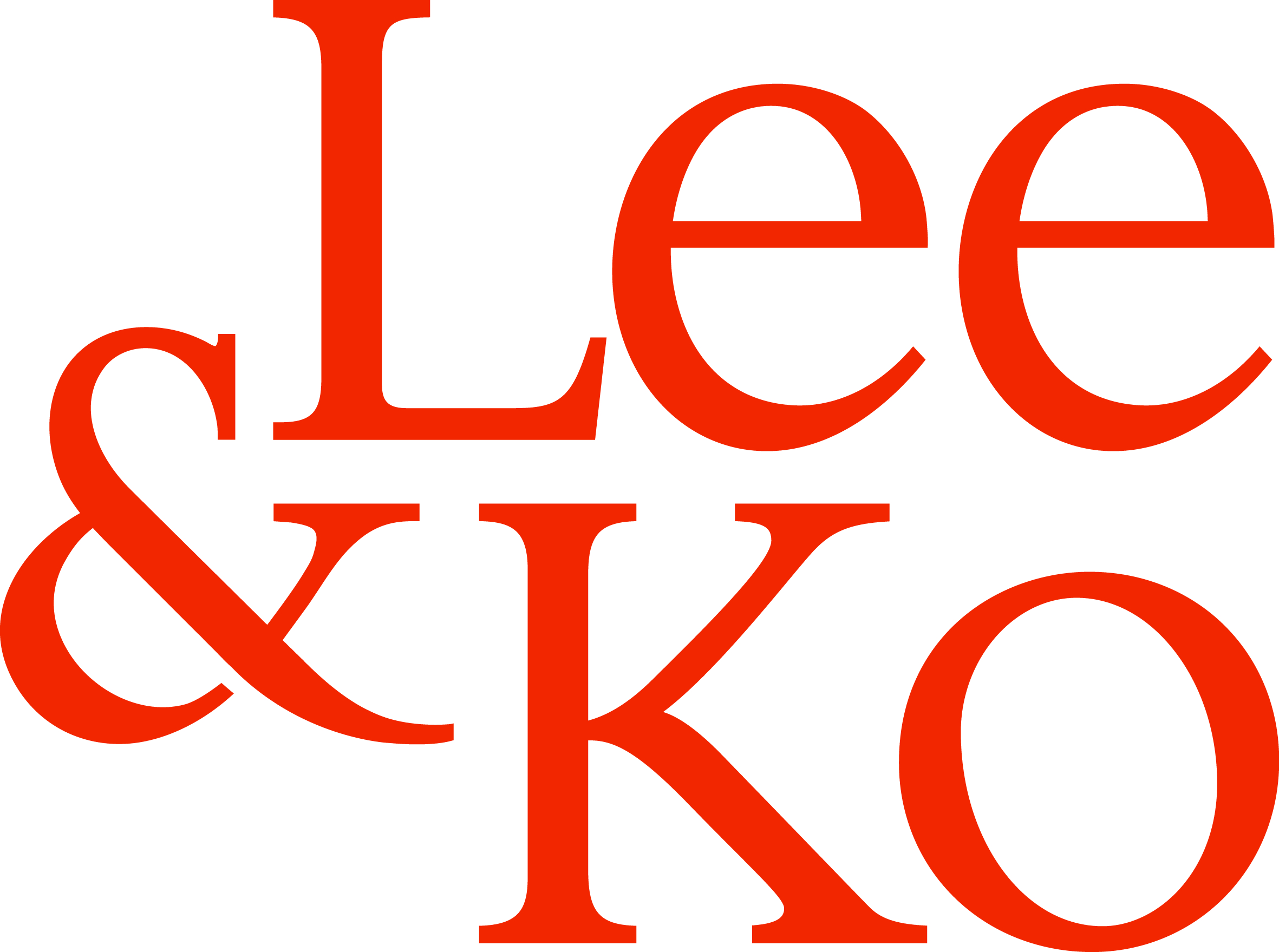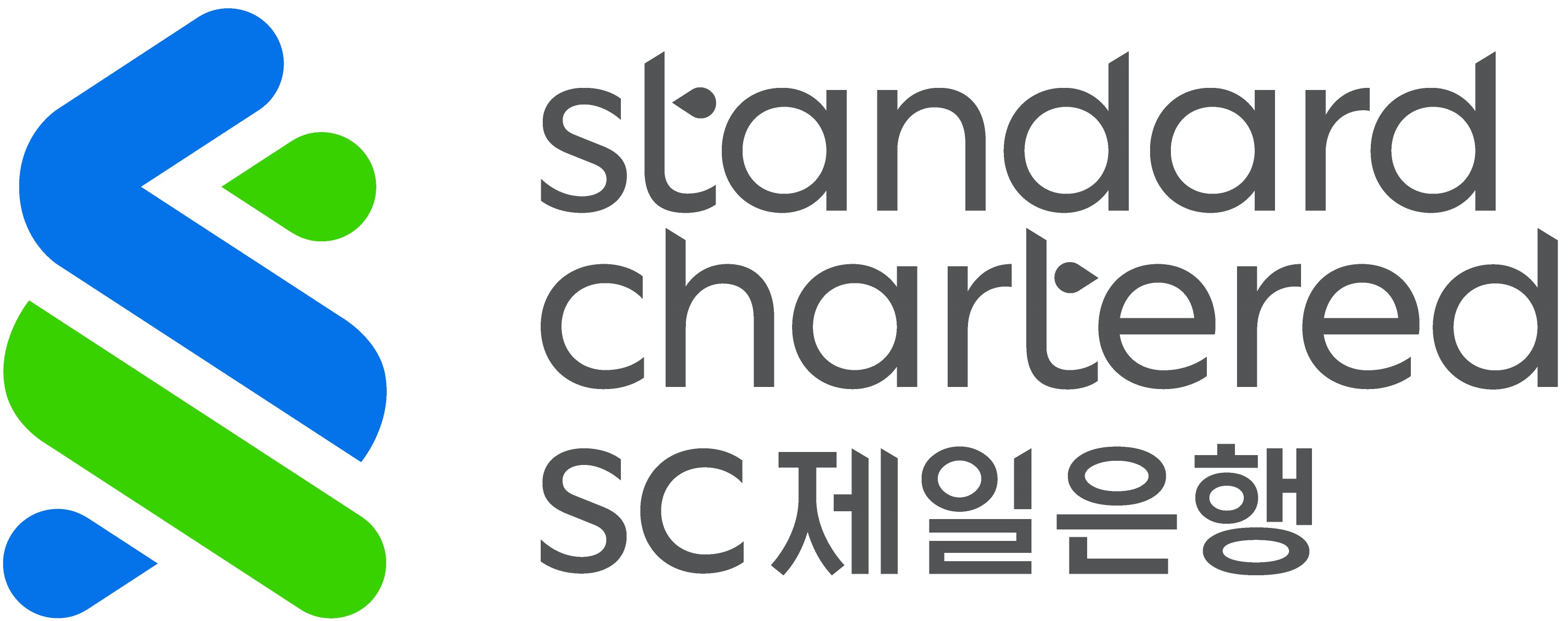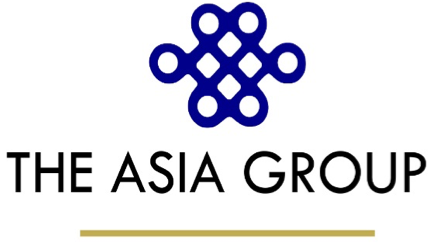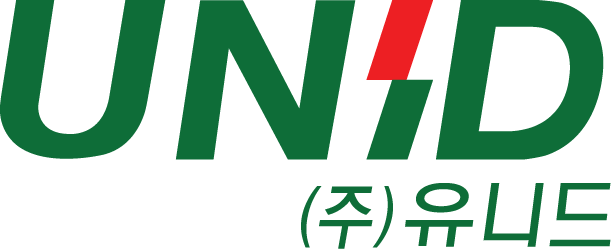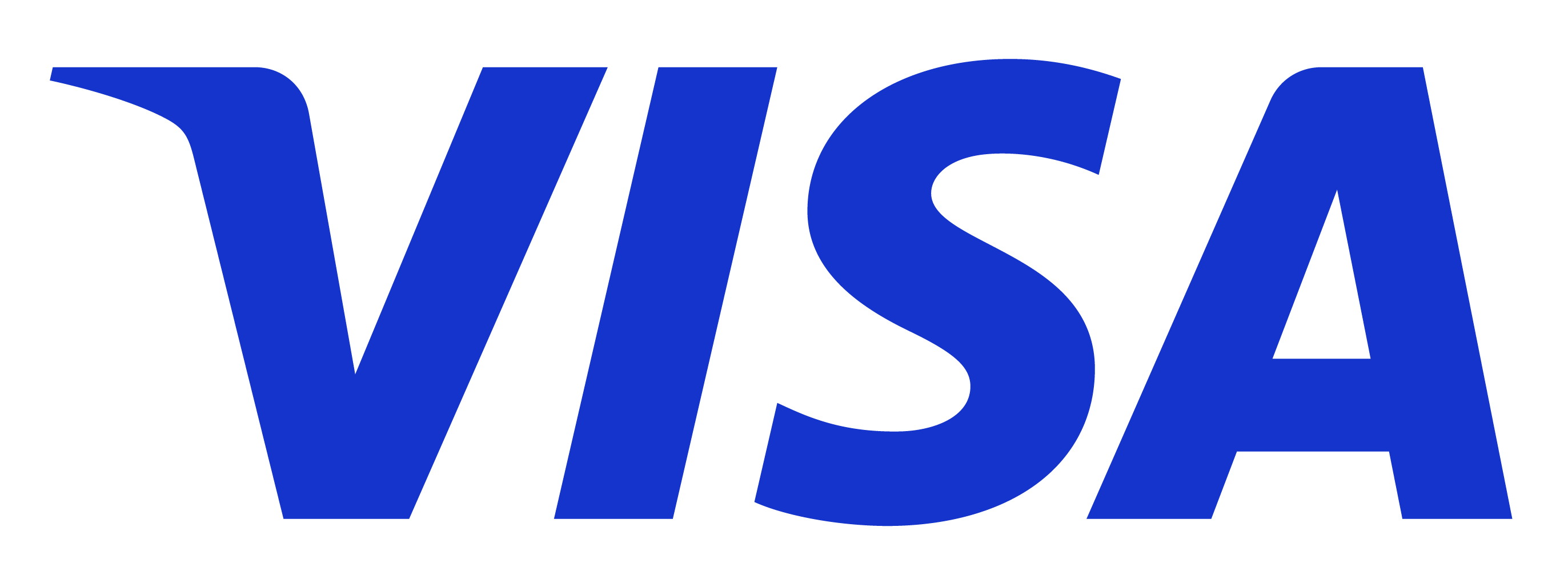AMCHAM
hosts first cybersecurity seminar focusing on national security and global
industry trends
By LIM JEONG-WON, Korea
JoongAng Daily - The American Chamber of Commerce in Korea (AMCHAM) held its
first cybersecurity seminar on Wednesday at the Grand Hyatt Seoul, under the
theme “Cybersecurity as National Security: Global Trends & Industry
Lessons.”
The event brought
together high-level officials from Korea and the United States, industry
leaders, and cybersecurity experts to discuss growing digital threats and the
need for coordinated national and international responses.
AMCHAM Chairman and CEO
James Kim emphasized in his opening remarks that cybersecurity must be
recognized as a matter of national security, rather than a private-sector
issue.
“Cybersecurity must be
recognized not just as a corporate concern, but as a cornerstone of national
and economic security,” Kim said. “The recent SK Telecom [SKT] incident is a
stark reminder of how real and immediate these risks are — impacting daily life,
business operations, and public trust. I view SKT as one of the best-managed
and operated companies in Korea. If this incident can happen to SKT, it can
certainly happen to any organization anywhere.”
Lawmakers and
government officials echoed this sentiment. Rep. Choi Hyung-du of the National
Assembly’s Science, ICT, Broadcasting and Communications Committee warned that
AI-driven cyber threats now jeopardize not only businesses but also national
infrastructure.
Cho Woo-hyuk, director
of network policy at the Ministry of Science and ICT, said Korea is undergoing
a sweeping overhaul of its cyber defense system and emphasized the importance
of strategic international cooperation, particularly through the Korea-U.S.
Strategic Cybersecurity Cooperation Framework.
Justin Chang, an FBI
representative at the U.S. Embassy in Seoul, emphasized the blurred lines
between state-sponsored cyberattacks and organized cybercrime.
“Korea’s position as a
global technology hub makes it a prime target for cybercrime and
state-sponsored attacks,” Chang said. “Cyberattacks today are not just a
corporate risk — they are a national and global security threat. In a world
where the line between cybercriminals and nation-state actors is increasingly
blurred, no single entity can face this challenge alone.”
In a keynote address,
Simon Green, president of Asia Pacific and Japan at Palo Alto Networks, urged a
shift toward integrated cybersecurity platforms, warning that fragmented
solutions are insufficient in the face of rapidly advancing AI-enabled threats.
He advocated for AI systems to be designed with embedded security principles
from the outset.
Korea CISO Association
President Lee Ki-joo and academic experts also called for greater
public-private collaboration and strategic leadership from top executives,
particularly in critical sectors such as energy, finance and
telecommunications.
Panel discussions led
by Prof. Kwon Hun-yeong of Korea University’s Graduate School of Information
Security examined cybersecurity as a structural risk to national
infrastructure, emphasizing the importance of cross-border information sharing
and executive-level engagement.
Amcham said it will
continue to support dialogue and partnership efforts to enhance cybersecurity
and digital resilience across the Korea-U.S. tech alliance.
Source:https://koreajoongangdaily.joins.com/news/2025-07-16/business/tech/Amcham-hosts-first-cybersecurity-seminar-focusing-on-national-security-and-global-industry-trends/2354065




